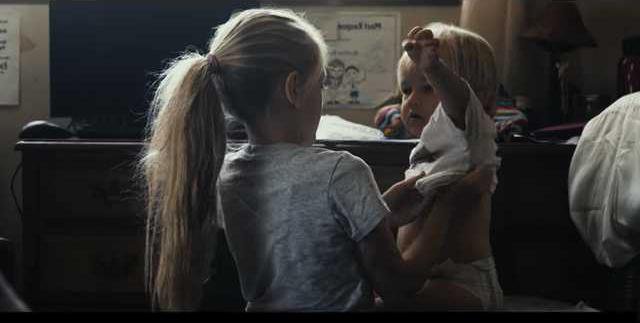Not all Super Bowl commercials are created equal. Some even cause controversy.
On Sunday night, Dodge Rams commercial received heavy criticism on Twitter, with many calling it insensitive.
The biggest blowback against the $5 million-a-pop 30-second spots was directed, however, at Dodge. To many commentators, the advertisement seemed to co-opt (Martin Luther) King (Jr.) in the service of crass commercialism and unblinking patriotism, according to NBC News.
The ad, which you can watch below, plays a speech from Martin Luther King Jr. People on social media said it was a bad move by Dodge to use Kings civil rights activism for the sake of Dodge trucks.
Watch the ad here.
The Human Rights Campaign's Charlotte Clymer said the ad was tone deaf, according to Raw Story.
On Sunday night, Dodge Rams commercial received heavy criticism on Twitter, with many calling it insensitive.
The biggest blowback against the $5 million-a-pop 30-second spots was directed, however, at Dodge. To many commentators, the advertisement seemed to co-opt (Martin Luther) King (Jr.) in the service of crass commercialism and unblinking patriotism, according to NBC News.
The ad, which you can watch below, plays a speech from Martin Luther King Jr. People on social media said it was a bad move by Dodge to use Kings civil rights activism for the sake of Dodge trucks.
Watch the ad here.
The Human Rights Campaign's Charlotte Clymer said the ad was tone deaf, according to Raw Story.








